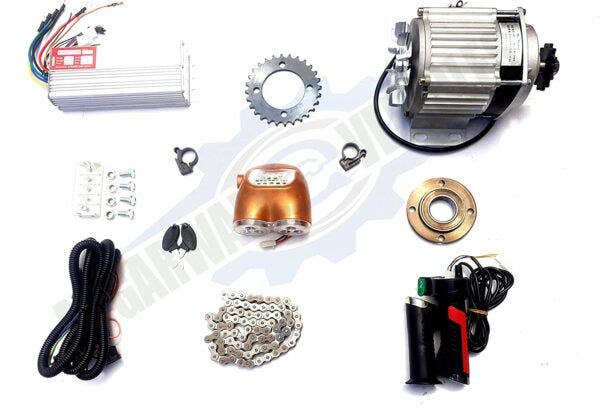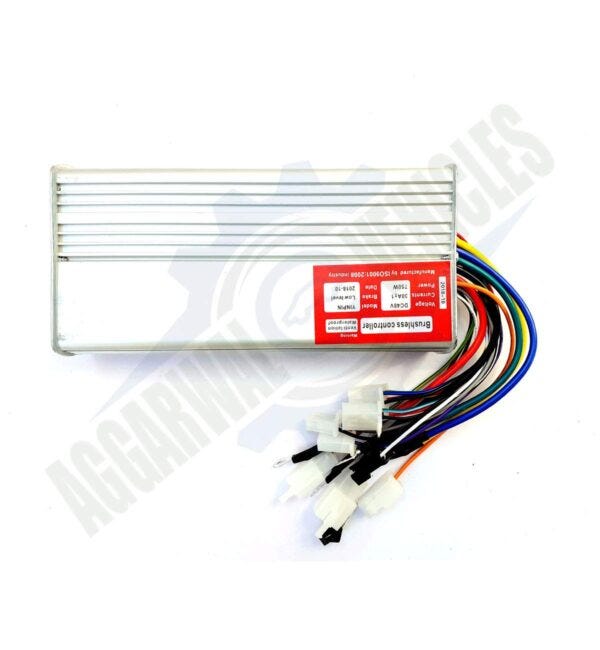Implementing EV-Kits in India

A. Step 1: Research and sourcing Before diving into the conversion process, thorough research and sourcing of EV-kits are essential. Start by exploring the available options in the market. Look for reputable manufacturers or suppliers who offer reliable and compatible EV-kits for your specific vehicle model. Consider factors such as the kit’s quality, warranty, customer reviews, and certifications. Additionally, check for any local regulations or requirements related to EV conversions in your area.
B. Step 2: Installation process Once you have selected the appropriate EV-kit, it’s time to proceed with the installation. It is advisable to seek professional assistance or consult experienced individuals who have successfully performed EV conversions before. While the installation process may vary depending on the vehicle model and the specific EV-kit, it generally involves removing the internal combustion engine, installing the electric motor, and integrating the necessary control systems. Ensure that all electrical connections are properly secured, and follow the instructions provided by the EV-kit manufacturer diligently.
C. Step 3: Maintenance and support To ensure the longevity and optimal performance of your converted EV, regular maintenance is crucial. Adhere to the maintenance guidelines provided by the EV-kit manufacturer. Keep the battery pack adequately charged and follow recommended charging practices. Periodically inspect the electrical components, wiring, and connections for any signs of wear or damage. Additionally, familiarize yourself with the support networks available, such as online communities, forums, or local EV enthusiasts, who can provide guidance and assistance if needed.
Environmental Impact of EV-Kits in India
The impact of EV-kits on India’s environment is significant. By converting conventional vehicles into electric vehicles, EV-kits contribute to a substantial reduction in air pollution. Since EVs produce zero tailpipe emissions, they do not release harmful pollutants such as nitrogen oxides, particulate matter, and carbon monoxide, which are major contributors to air pollution and respiratory health issues. Moreover, EVs have lower life-cycle emissions compared to traditional vehicles, especially when powered by renewable energy sources.
The widespread adoption of EV-kits can play a pivotal role in improving India’s air quality, particularly in densely populated cities where vehicular emissions contribute significantly to pollution levels. By embracing EV-kits, India can reduce its dependence on fossil fuels and move towards a sustainable transportation system that supports clean energy and environmental preservation.

The Road Ahead: Transitioning to Clean Transportation
The successful transition to clean transportation requires a collective effort from various stakeholders. Governments can play a crucial role by implementing supportive policies, incentives, and infrastructure development to encourage EV conversions and the adoption of electric vehicles. This may include providing financial incentives, tax benefits, and subsidies for EV-kit conversions, establishing charging infrastructure networks, and promoting research and development in the EV sector.
In addition to government support, public awareness and education about the benefits of EV-kits and electric vehicles are vital. Encouraging individuals, fleet operators, and businesses to consider EV conversions can accelerate the transition to a cleaner transportation system. Collaborations between automotive manufacturers, EV-kit suppliers, and the renewable energy sector can further drive innovation and affordability in EV-kit technologies, making them more accessible to a wider audience.
Conclusion
As India faces an urgent need to address its environmental crisis, Aggarwal E-Vehicles EV-kits offer a promising solution for reducing air pollution and promoting sustainable transportation. Through meticulous research, proper installation, and diligent maintenance, individuals can contribute to the adoption of electric vehicles by converting their existing vehicles using EV-kits. The combined efforts of governments, individuals, and various sectors can pave the way for a greener, cleaner future, where EVs powered by renewable energy sources become the norm, ensuring a healthier environment for generations to come.


.png)
No comments:
Post a Comment